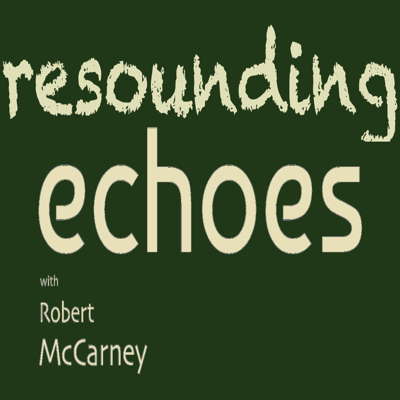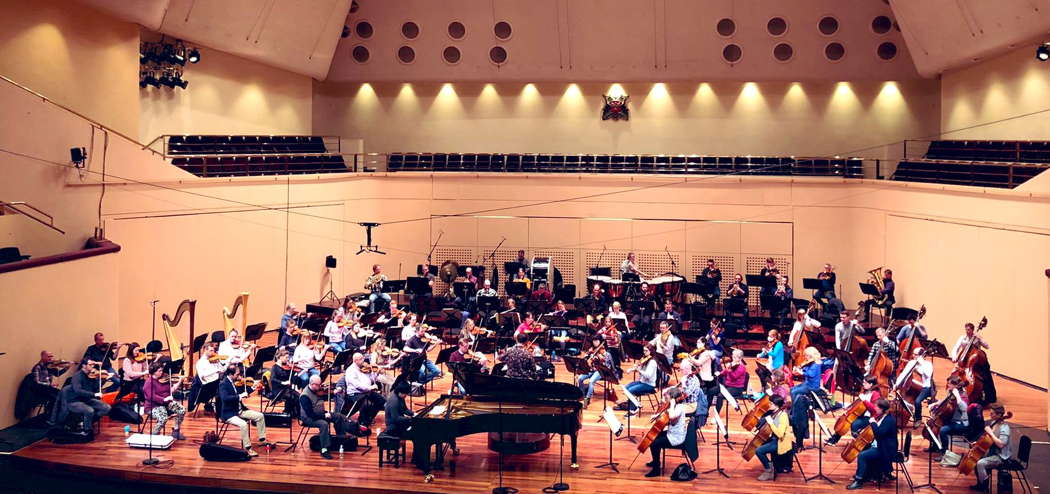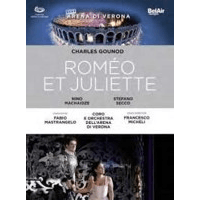 RESOUNDING ECHOES: Beginning in 2022, Robert McCarney's occasional series features little-known twentieth century classical composers.
RESOUNDING ECHOES: Beginning in 2022, Robert McCarney's occasional series features little-known twentieth century classical composers.
Wonderfully Gutsy
MIKE WHEELER listens to Franz Schmidt, Rachmaninov and Dvořák in Nottingham
Franz Schmidt has for years held a precarious place in the Austro-German late romantic repertoire, but that place now seems to be growing more secure. The BBC Philharmonic Orchestra and conductor Ben Gernon, replacing an indisposed Vasily Sinaisky, opened with music from his opera Notre Dame, based on Victor Hugo's novel - Royal Concert Hall, Nottingham, UK, 28 January 2022.
In the Prelude, principal oboist Jennifer Galloway led the way in eloquently shaping Schmidt's searching melodic arches. As the strings entered, they pointed up echoes of Richard Strauss, and the Carnival Music that followed was nimble and light on its feet.(Was this at the back of Strauss's mind when he came to write some of his Bourgeois Gentilhomme music, I wonder?) The opera's best-known excerpt is the Intermezzo from Act I, centred on the theme associated with the gypsy girl Esmeralda. This is Schmidt tapping into his Hungarian heritage, just a year or two before Bartók and Kodály's researches into Hungarian folk music began upending received ideas on the subject. The BBCPO strings gave it all the passionate warmth it needs, though I'm not sure the piece itself offered a satisfactory note on which to end.
Sunwook Kim joined the orchestra for Rachmaninov's Piano Concerto No 2. You couldn't fault his finger-work, and the faster passages, such as the central section of the second movement, positively sparkled. But, for the rest, I'm sorry to say that he lost me on the opening chords, given slow, heavy-handed, ponderous treatment which seemed a mark of his performance as a whole. Rubato - expressive fluctuations of tempo - is one thing, but it needs more subtle handling; less is usually more in my book. Here it felt contrived rather than growing naturally out of the music, and eventually it all began to feel just a bit predictable.
So for me most of the interest was in the orchestra - the deliciously warm, dark tone of the strings and clarinet as they began the first tune in the opening movement, John Bradbury's clarinet solo shortly after the start of the second movement, the impetus behind the start of the finale, the tonal shadings in the first appearance of the big theme, the needle-sharp precision and clarity in the fugal section.

Sunwook Kim, Ben Gernon and the BBC Philharmonic Orchestra at Nottingham's Royal Concert Hall, rehearsing for their 28 January 2022 concert
So it was no surprise when, after the interval, came one of the most exciting accounts of Dvořák's Symphony No 8 I've heard for a long time. Ben Gernon set mainly brisk but not rushed tempi, which certainly helped, but much was also down to the players being so completely inside the music. The first movement's thoughtful introduction and the vigour of the quick music that followed sounded convincingly all of a piece. The varied landscape of the second movement was explored through some magical playing, with the same king of precision we heard in the Rachmaninov, passages of staccato string writing especially, and there was quiet expectancy in the approach to the main climax.
The third movement may be a waltz but this had all the earthy exuberance of the village bands Dvořák would have known since childhood. There was poignancy, too, in the move from the trio section back the reprise of the opening, but the quick final section was uninhibitedly rumbustious. Trumpets open the finale by summoning to the dance, not to battle, as Rafael Kubelik once famously remarked. So it was here, as fresh and cheeky a summons as you could have wished for. Woodwind and horns enjoyed their trills in the quick first variation, and later, with just the right degree of raucousness.
This wonderfully gutsy account made the evening for me. And I shall watch with interest to see where Ben Gernon's career takes him next.
Copyright © 8 February 2022
Mike Wheeler,
Derby UK




